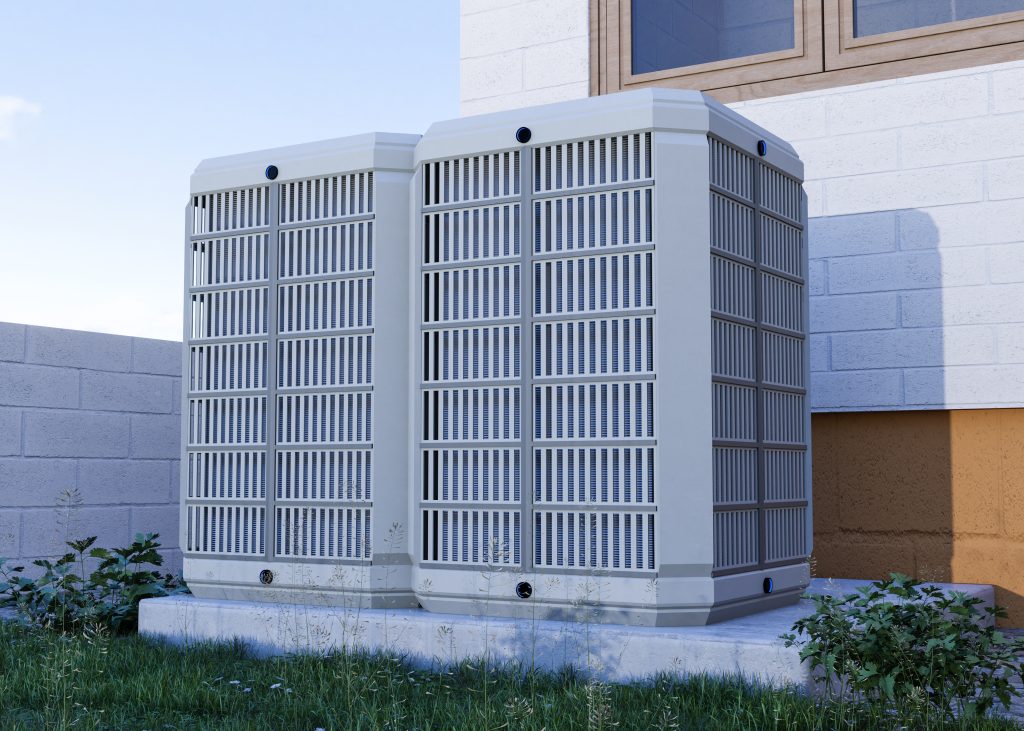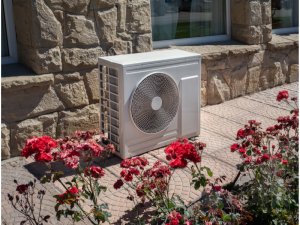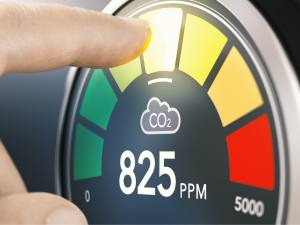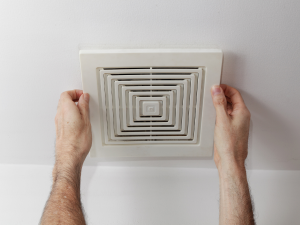Any appliance that both heats and cools a home is naturally going to be an investment.
Thanks to the new heat pump tax credit, getting a heat pump ordered and installed is more affordable— upfront and over the long term. In 2023, the United States federal government instituted a new tax credit for households purchasing heat pumps.
The credit is under the Inflation Reduction Act. Qualifying heat pumps offer purchasers a hefty benefit come tax time. In this article, we’ll provide everything you need to know about the heat pump credit.
Who’s Eligible for the Heat Pump Tax Credit?
It’s pretty straightforward to qualify for the credit. As long as you meet a few simple requirements, the process is virtually seamless. Eligibility requirements include the following:
- Being an American citizen or permanent resident.
- Filing a federal tax return and having all other returns current.
- The qualifying heat pump must get installed in the principal residence of the applicant.
- The heat pump is required to meet specific standards for energy efficiency.
Provided you have all the relevant paperwork, which usually just involves identification, proof of a tax return, and a bank statement or bill stating your principal residence. To prove that the machine meets the expectations, ensure that it meets the compliance standards. The purpose of the act was to incorporate sustainability in affordable measures, so its compliance is mandatory.
How to Claim Your Heat Pump Tax Credit 2023
Claiming your tax credit is simple. Find the file numbered Form 5695 and complete it alongside your income tax return for the year you purchased and installed the unit. The document is called the Residential Energy Credits form, attached to the 1040, 1040-SR, or 1040-NR.
Step #1 —Proving Your Qualifications
To qualify, the rebate must have been effective when you made the change. This period is between January 1, 2023, and 2032, unless these are changed because of new technology or higher energy savings demands.
Thankfully, this back-dates to January 1, 2023, so if the home improvement falls within the bounds of this heat pump tax credit, that’s some nice savings.
Step #2 — Filling Out the Forms
Line 4 of the document asks for the heat pump-related property costs. It also requires the location at which the unit was installed, along with its fuel cell property costs, the kilowatt capacity, and any credit to carry forward.
The rules have limits for high-income households, though most qualify. Heat pump tax credit 2023 income limits and other considerations are laid out by the IRS, making it easy to determine how the program fits your needs.
Step #3 — Proving Your Purchase
Lastly, you’ll need to prove that you’ve purchased the unit. In order to do so, your application requires the serial number from the manufacturer and a copy of the invoice.
In some instances, you may get asked to provide originals, but these are returned to you after processing. Aside from this, the product must meet the regulations set forth by the energy efficiency standards that the benefit supports. To check, ensure that it has an Energy Star or Energy Star Cold Climate certification.
Heat Pump Fun Facts
Here are five fun facts that you most likely didn’t know about heat pumps:
- The heat pump first came about in the year 1805. Oliver Evans discovered the pump and is also an American engineer who gets credit for the steam engine.
- You can use a heat pump to cool and heat areas, and thanks to their technical properties, they also can heat water and serve as a dehumidifier.
- Because of their design, heat pumps are more energy efficient by nature, resulting in less greenhouse gas output and more “green” in your wallet.
- Heat pumps were a dark horse candidate for home climate control, becoming popular after society realized the ecological benefits.
- You can measure the performance value of a heat pump through an official metric called the coefficient of performance (COP). The higher the coefficient, the better.
Essential Considerations When Choosing Heat Pumps
To make it more practical and able to accommodate the retrofits of millions of households, the Inflation Reduction Act doesn’t cover the entire cost of the update. Instead, it offers a 30% credit with a maximum value of $2,000. So, if you install a pump valued at $6,666.67, you can get the full two thousand.
Calculating the Benefit
However, if you purchase a pump for $8,000 because of the cap, you would still receive the $2,000. On the other side of the equation, if you choose a less expensive model, such as a $5,000, you can expect a credit of $1,500. This is because 30% is the flat number for the rebate.
Pricing it Out
The price of heat pumps varies, particularly since the make and model depend on the home’s square footage. Measured in BTU, the regular heat pump, ringing in at four tons, can provide 12,000 BTU/hour. This should cover a home with around 2,000 square feet, provided there is sufficient ventilation or an open-concept design. The average cost for the unit and installation runs between $3,000 and $7,500.
Get Help from a Heat Pump Expert Today
The heat pump federal tax credit offers a solid opportunity to reduce your ecological footprint while saving some money.
Yes, it’s a top-heavy investment. But if you consider the cool Northern Virginia winters and surprising summer heat waves, then it makes sense to find something that lasts. A high-quality heat pump covers you through all seasons, and since it’s energy efficient, it’s easier to operate.
Of course, it’s a big decision to make, so reaching out to the experts always helps. Contact one of our heat pump experts at Clover Contracting to learn about your options. The tax credit for heat pump installation, when applied properly, is a great way to save in the short- and long-term.
It’s always the right time to take advantage of a good opportunity, and reaching out is the best way to start.








